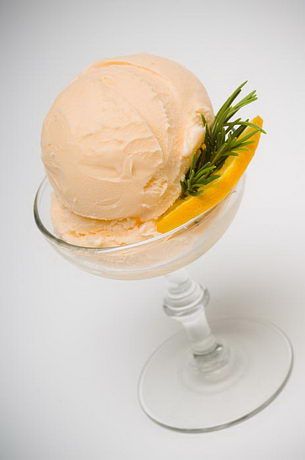The ingredients on food labels are dazzling. In fact, many of them are added for commercial purposes, not for health. Recently, the United States MSN website health channel published the joint advice of the seven largest registered dietitians in the United States and pointed out the following components. They themselves try to avoid buying food.

Carrageenan. Carrageenan is a colloidal material extracted from red seaweed such as amaranth and carrageenan. It is usually used as a thickener and is added to jelly, ice cream, fudge, and yogurt. Registered dietitian Bruker Alpett questioned the safety of the product and suggested avoiding carrageenan-added products until it was medically proven to be safe for humans.
caramel colour. Caramel color is a common food additive used to color foods. The National Food Safety Risk Assessment Center has stated that low levels of caramel color are not harmful to health, but the safety of caramel color is still controversial in foreign countries. The registered nutritionist in the United States, Joey Ball, the nutrition expert of NBC TV, said that caramel color Although it is only possible to show potential carcinogenicity in animal experiments, it is still recommended that some special groups such as infants and young children try to avoid it.
Artificial sweeteners. In order to meet the low calorie requirements of diabetics or dieters, many foods add artificial sweeteners instead of sucrose. However, Kelly Glassman, a well-known nutritionist in the United States, said that although artificial sweeteners have zero calories, their sweetness is as much as 700 times higher than that of sucrose, and zero calories cannot satisfy the needs of the brain for energy. Craving and eating more sweets is counterproductive. New research published in Nature magazine shows that artificial sweeteners increase the risk of type 2 diabetes.
trans fat. The harm of trans fatty acids is becoming more and more familiar. Registered nutritionist Michel Davenport stated that the purpose of adding trans fatty acids in foods is to extend the shelf life of products. The biggest side effect is to increase the risk of heart disease. It is necessary to remind that many If hydrogenated vegetable oil, margarine, and shortening are on the food ingredient list, even if the label has a trans fat content of 0, it will still contain traces of trans fat.
sugar. Sugar is one of the main sources of human energy, but excessive intake also brings problems such as tooth decay, obesity, diabetes, and aging. Christine Kirkpatrick, registered nutritionist at the Cleveland Clinic Health Management Division in the United States, suggested that if the sugar is ranked in the top three (regardless of sugar) on the food label, it means that the food has a high sugar content and it is better to eat less.
Monosodium glutamate. Monosodium glutamate, also known as sodium glutamate, is itself a sodium salt. Eating too much of monosodium glutamate can cause excessive salt intake, which is detrimental to cardiovascular health. Aside from this, an animal experiment at Hirosaki University in Japan found that mice with excessive amounts of monosodium glutamate had significant thinning of the retina. Kerry, a nutrition expert and author of "Small Diet Changes," made it clear that he was afraid of MSG.
High fructose corn syrup. Nutritionist Kelly Glassman pointed out that the addition of high-fructose corn syrup to foods is a testament to "high-sugar foods." The addition of high-fructose corn syrup is not limited to soda, sugary drinks and other drinks, in some bread, biscuits, tomatoes It can be found in sauces and salad dressings.
Small Air Hose Reel,Portable Air Hose Reel,Wall Mount Air Hose Reel,Commercial Air Hose Reel
NINGBO QIKAI ENVIRONMENTAL TECHNOLOGY CO.,LTD , https://www.water-hose-reel.com